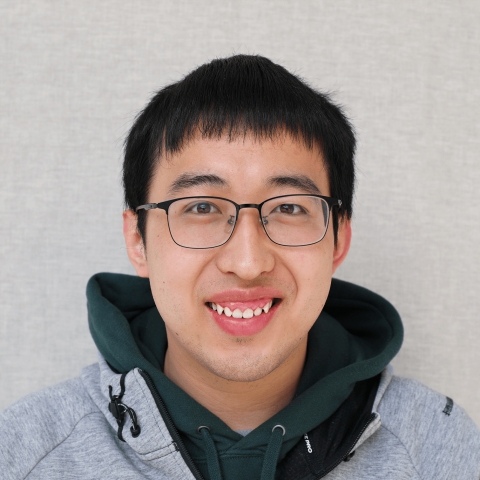Jingjie Li
I’m interested in how the brain makes plans, especially planning for the future movement/choice under certain contexts: spatial movement planning and economic choices planning (decision-making). Besides scientific questions, designing sophisticated and high-performance hardware to aid neuroscience and medical research is also part of my plan.
I received my bachelor degree for BioMedical Engineering(medical instruments and equipment) from Xi’an Jiaotong University in Xi’an, China. This is also the city where I grew up. During my undergraduate I lightened my interest in neuroscience myself. In the meantime, I acquired many useful skills about implementing high-performance controlling platforms (FPGA, MCU, DSP) and electrophysiology front-end (ECG and EEG). I made a fully integrated and portable EEG acquisition and processing device for my senior design project. (feel free to contact me if you have any questions/interesting thoughts about neuroscience hardware!)
Apart from scientific research, outreaching is also my passion. I’m a very popular knowledge sharing writer on a Chinese social-media platform named “Zhihu”. I’m sharing not only frontier research work and knowledge, but also my own experience/thought/idea in studying and doing research in neuroscience with many young people. For me it’s really exciting to share things with people, especially when I know that my introduction about neuroscience research really enlightens some people’s interests about this field! (Feel free to reach me if you are also interested in sharing!)
In my PhD study in SWC, I’ll mainly focus on how animals carry out spatial planning under different reference frames (e.g. world-centered, or self-centered). With precious behavioral timing using our re-designed cutting-edge behavioral system (bpod with some modification and updates made by our own). Modern neuroscience tools such as opto-genetics and high-throughput electrophysiology recording will also be used to untangle the neural mechanism for those different movement planning.
